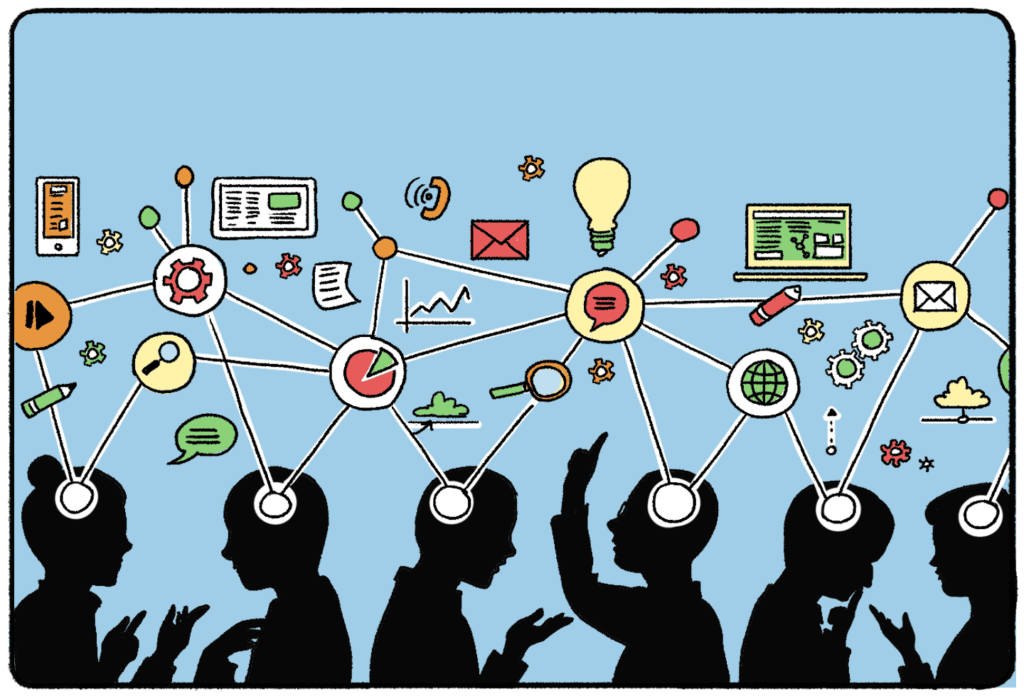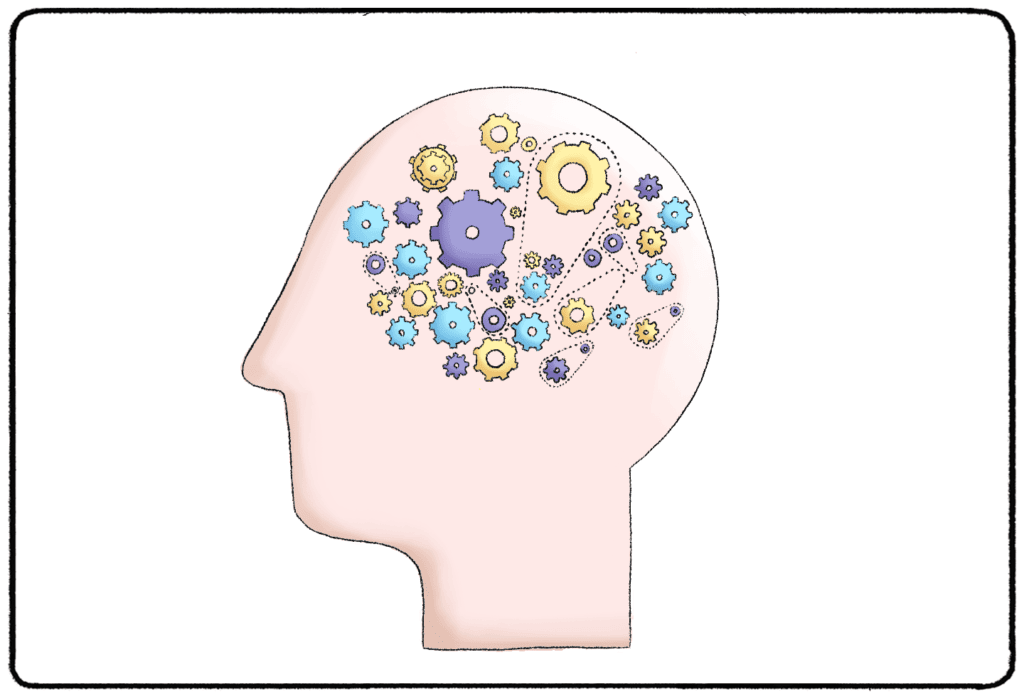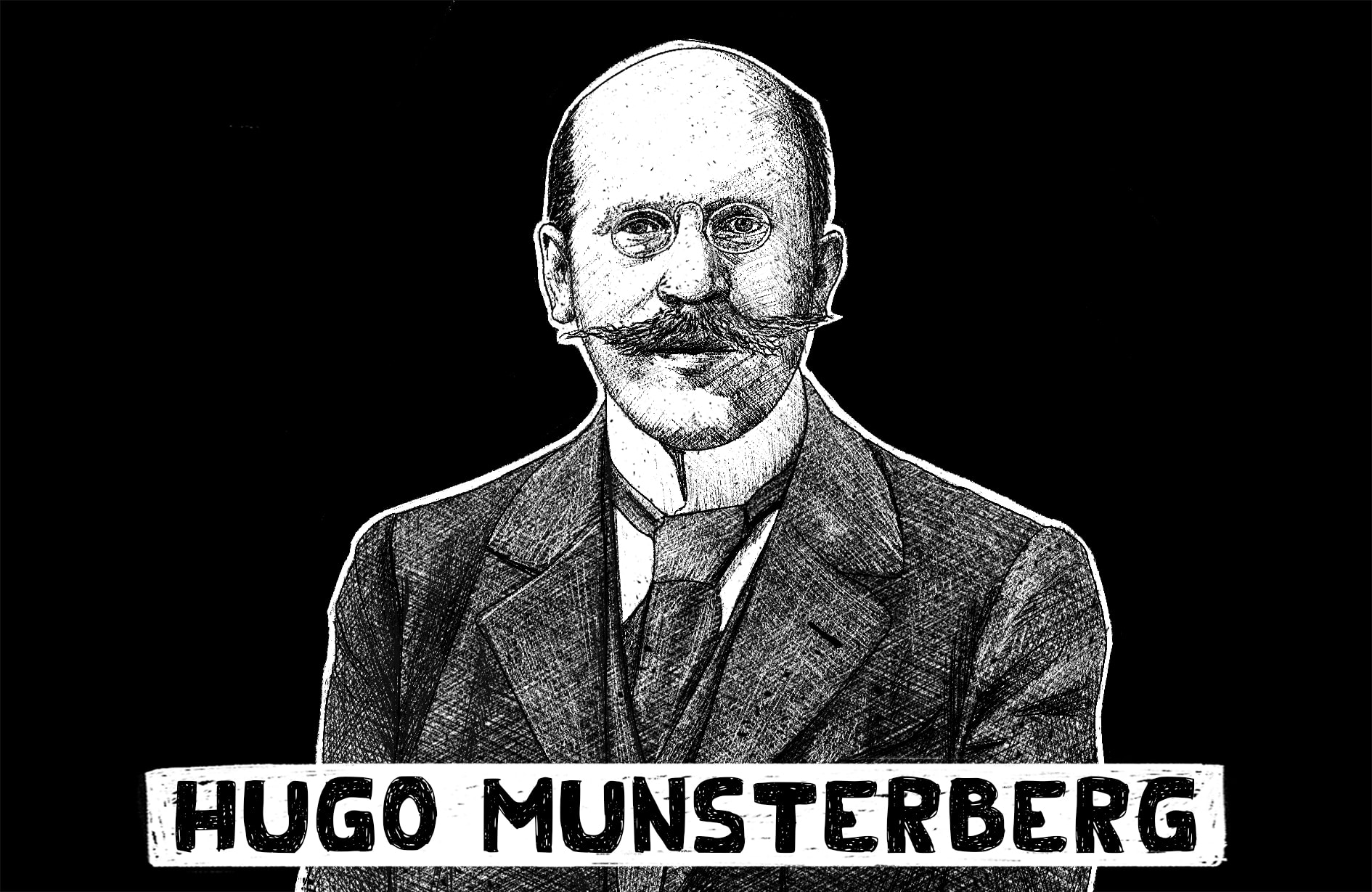If you're here, you're probably searching for information like job requirements or duties for an industrial or organizational psychologist. On this page, you'll find everything you need!
What Is Industrial-Organizational Psychology?
Many schools of psychology look at the individual, but industrial-organizational psychology takes theories from psychology and applies them to larger organizations. These organizations are typically businesses. Psychologists study the employees within the business and how certain processes affect employee behavior, safety, and other factors.
I-O psychologists aim to create a better workplace that can promote both mental and physical well-being.

What Does I-O Psychology Study?
An I-O psychologist may be concerned with any of the following topics:
- Hiring processes and how employers interview potential employees
- The ways that employers train, develop, motivate, and evaluate employees
- Productivity and the day-to-day schedule for employees
- How employees are compensated, and how compensation affects overall well-being
- Leadership organization and styles
- Diversity and inclusion
The list goes on and on. I-O psychologists may be concerned with anything that could affect how leaders and employees do their jobs.

How Does I-O Psychology Affect the Average Workday?
Psychologists will use past studies and current observations to suggest or change certain workplace operations. Examples of this include:
- Developing performance standards for leaders to reference while evaluating employees
- Measuring job performance and suggesting changes
- Creating training manuals
- Building and testing products to keep employees safer or encourage more productivity in the workplace
- Suggesting policy changes to create a more harmonious workplace
- Coaching managers and leaders on best styles for meeting specific goals
- Creating and sharing tests to help employees understand their team’s communication style
Why Is Industrial-Organizational Psychology Important?
Do you like your job?
For some people, the answer is yes. We all know someone like that. We may consider them to be very lucky. After all, people who love what they do for a job seem to have an extra spring in their step.
And for others, the answer is no. We’ve all been in a situation where we haven’t liked our job. Maybe the management is too strict or the customers are too high-maintenance. Maybe the job is just boring and unfulfilling. Have you ever noticed that when you don’t like your job, other parts of your life aren’t as fun, either?
Our work has a great impact on our life. And our attitudes at work have a great impact on just how much gets done. It’s tempting to be lazy or checked out when you don’t like your job. That, in turn, has a negative impact on the business and what they can produce.
In an ideal world, everyone would be happy with their jobs and be productive during the day. But that takes a lot of effort, especially from the employer.
What can an employer do to make their team happier and more productive? That’s exactly what Industrial-Organizational Psychologists are trying to figure out.
The Key Players in Industrial-Organizational Psychology
There are many job titles given to specialists who understand Industrial-Organizational Psychology. While one person may have a grasp on the key subjects of I-O psychology, companies often seek out the help of specialists who can help them meet specific goals.
Let’s say a company is having problems with training their employees. Every time they onboard a new person, they are disappointed. Or, the employees that they have on seem to plateau after a year or two of working at the company. So they seek out the help of a talent manager or professional development specialist. These experts take a look at the employee’s training programs and how they are affecting employee performance.
The talent manager may create a list of criteria that the hiring managers can use when they are conducting interviews. The professional development specialist may make suggestions for how leaders can motivate employees after they hit that one- or two-year point. If the employers follow through with the suggested policy changes or use the expert’s materials, they should notice that they are reaching more goals.
I-O Psychology Job Titles
Other job titles associated with I-O psychology include:
- Organizational Effectiveness Director
- HR Organizational Development Specialist
- Workforce Insights Analyst
The right specialist for your team will depend on your goals and where the team is falling short. This is why it’s so important for leaders to set clear goals and measure their success. Without a clear sense of where a team is struggling, the leader will have a hard time calling in the right strategists and strategies to make things better.
Examples of Famous I-O Psychologists and Their Contributions
Top I-O psychologists aren’t usually as famous as Sigmund Freud or Carl Jung, but they have made significant contributions to the workplace and employee management.

Hugo Münsterberg, for example, is known as one of the first I-O psychologists. In the early 1900s, he introduced the idea that potential employees could be evaluated on their personality and mental abilities. The results could be used to match them to the right jobs and increase their overall productivity and performance.
Sure, that sounds like common sense, but it was a new focus for employers at the time. Nowadays, I-O psychologists get down to assessing individual traits and positions. In 2012, for example, Stanley Silverman developed the “Workplace Arrogance Scale.” We all know a former boss or two who might want to take that test!
Employee Well-Being Affects Overall Well-Being
Why is it important to measure a boss’s arrogance or match the right people to the right jobs? Because the effects of I-O psychology don’t stop when an employee clocks out. Studies show that job satisfaction is closely linked to overall life satisfaction. If you are stressed about work, you’re likely to carry some of that stress home. Stress can significantly affect your mental and physical well-being.
Psychology in the workplace may be more important than you think. How can you use the psychology that you have learned to create a better environment for your team at work? Where do you see theories from psychology popping up in communication or clashing personalities?
The work of many psychologists have made a positive impact on your work, school, and life. And while I-O psychologists have come a long way, there are still many questions that need answers.



